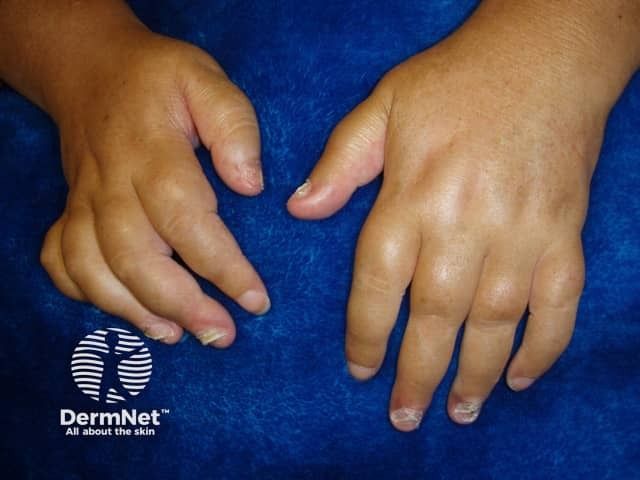- Case-Based Roundtable
- General Dermatology
- Eczema
- Chronic Hand Eczema
- Alopecia
- Aesthetics
- Vitiligo
- COVID-19
- Actinic Keratosis
- Precision Medicine and Biologics
- Rare Disease
- Wound Care
- Rosacea
- Psoriasis
- Psoriatic Arthritis
- Atopic Dermatitis
- Melasma
- NP and PA
- Skin Cancer
- Hidradenitis Suppurativa
- Drug Watch
- Pigmentary Disorders
- Acne
- Pediatric Dermatology
- Practice Management
- Prurigo Nodularis
- Buy-and-Bill
Article
Shift work may lower cancer risk
While past studies have linked shift work to a higher risk of various types of cancer, a new study suggests that shift work may be associated with a reduced risk of skin cancer in women, ScienceDaily.com reports.
Boston - While past studies have linked shift work to a higher risk of various types of cancer, a new study suggests that shift work may be associated with a reduced risk of skin cancer in women, ScienceDaily.com reports.
Researchers at Boston’s Brigham and Women’s Hospital documented 10,799 incidents of skin cancer in 68,336 women in the Nurses’ Health Study over 18 years of follow-up and examined the relationship between rotating night shifts and skin cancer. They found that people with the longest history of working rotating night shifts had a significantly lower risk of skin cancer.
The strongest association was observed for melanoma: Researchers found that working 10 or more years of rotating night shifts was associated with a 44 percent decreased risk of melanoma.
Investigators also found that darker-haired study subjects had the lowest risk of skin cancer. One possible explanation is that a genetic component may affect both the extent of melatonin suppression during night work and skin cancer risk.
ScienceDaily.com quotes lead author Eva Schernhammer, M.D., Dr.Ph., as saying, “Although higher melatonin levels appear to be beneficial in individuals with stable circadian rhythms, in shift workers, for certain disease outcomes, melatonin suppression may actually be more beneficial.”
The findings appeared online Feb. 18 in Journal of the National Cancer Institute.





